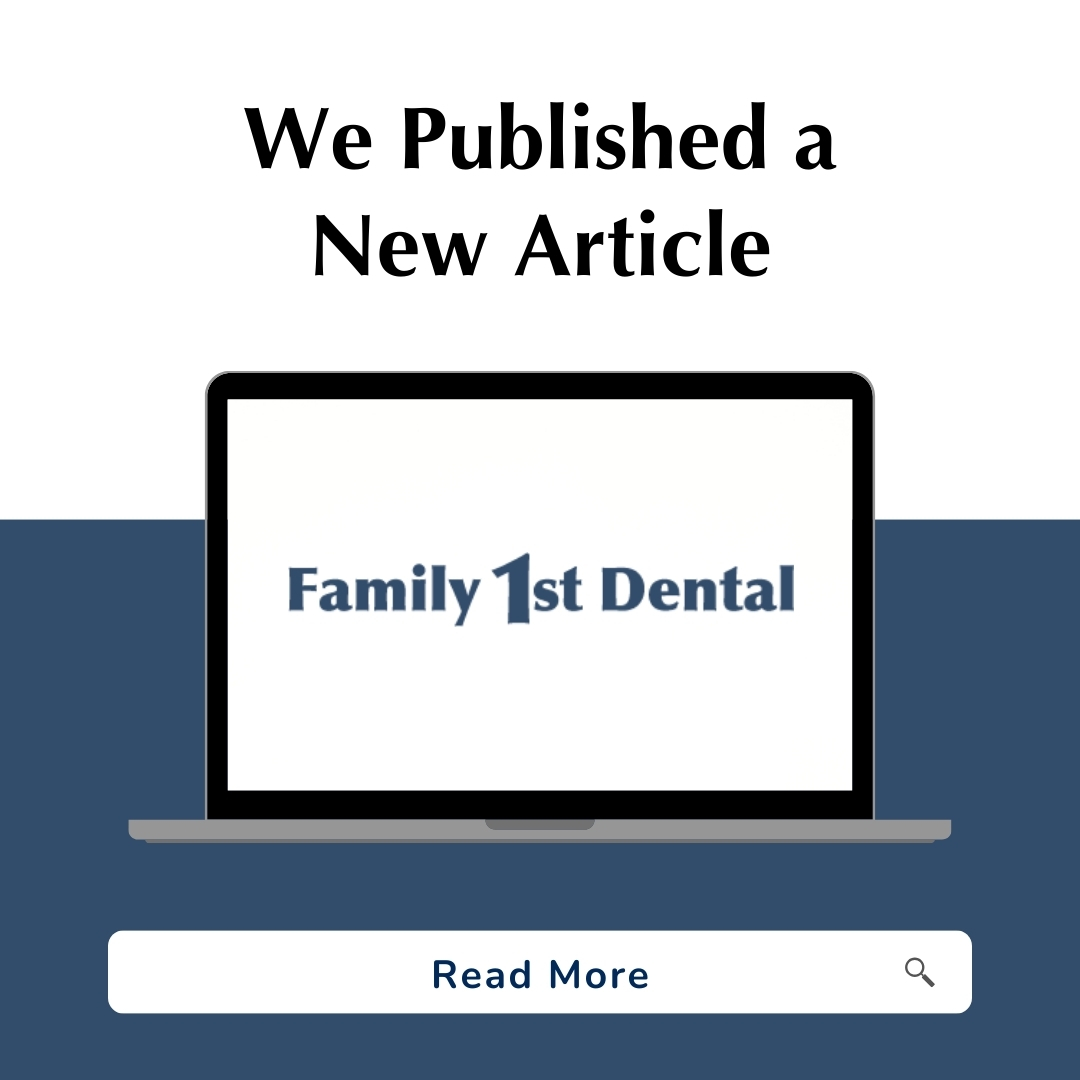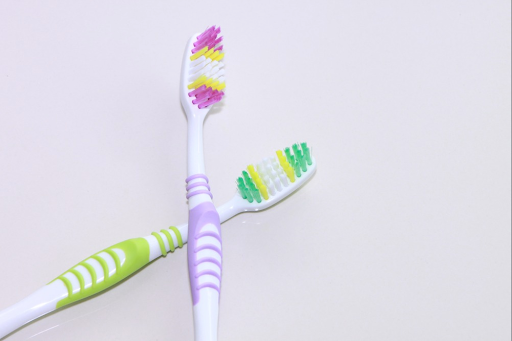
Caught a cold or flu? Don’t let your oral health take a backseat. At Family 1st Dental, your well-being is our priority, even during sickness. Here’s how you can maintain your oral hygiene while under the weather, with insights from our Dentist in Hartington.
1. Brush After Every Meal: Illness can create a breeding ground for bacteria in your mouth. Stick to a routine of brushing shortly after each meal to minimize germ multiplication. Our Dentist in Hartington emphasizes the importance of this practice to keep your smile healthy, even when you’re feeling under the weather.
2. Choose Sugar-Free Options for Cough Drops and Lozenges: Many cough drops and lozenges contain sugar, which can contribute to tooth decay. Opt for sugar-free alternatives to protect your dental health. Our Dentist in Hartington advises patients to be selective with throat soothers to maintain optimal oral hygiene during illness.
3. Rinse Thoroughly After Vomiting: Stomach acids from vomiting can damage your teeth, but brushing immediately afterward can worsen the situation. Instead, rinse your mouth with water or mouthwash and wait at least 20 minutes before brushing. Our Dentist in Hartington recommends this approach to minimize acid exposure to your teeth.
4. Stay Hydrated with Water: Proper hydration is essential for recovery and oral health. Drinking water helps prevent dry mouth, which can lead to decay and bad breath. Our Dentist in Hartington advises patients to stay hydrated, especially if medications used to treat cold or flu symptoms contribute to dry mouth.
5. Replace Your Toothbrush After Recovery: Once you’ve overcome illness, consider replacing your toothbrush. While reinfection is unlikely, it’s a precautionary measure recommended by the American Dental Association. Our Dentist in Hartington suggests replacing your toothbrush every three to four months to maintain optimal oral hygiene.
Prioritize Your Oral Health with Family 1st Dental: Even when you’re feeling under the weather, it’s essential to prioritize your oral health. Your medications and remedies can impact your dental well-being, so be mindful of sugar content and stay hydrated. For personalized oral health tips or to schedule a visit to our office in Hartington, contact us today. Your smile deserves the best care, even during illness.















